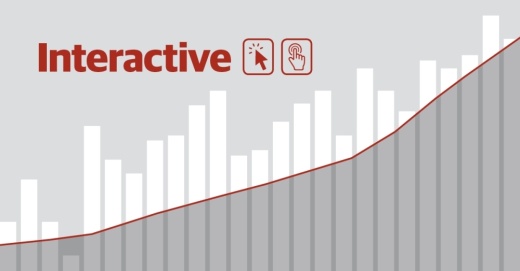The standardized tests, which measure academic readiness at each grade level, revealed fewer students met state standards this year than in 2019, especially in math.
In 2019, 6% of both fifth- and eighth-grade FISD students did not meet expectations for math scores. In 2021, that number jumped to 13% for fifth grade and 18% for eighth grade. The state followed that trend with Texas experiencing a more than 17% increase in both fifth and eighth graders who did not meet math standards from 2019 to 2021.
The percentage of FISD students who did not meet reading standards slightly increased from 2019 to 2021 with fifth graders rising from 9% to 11%. Eighth-grade numbers rose from 6% in 2019 to 9% in 2021.
Preliminary scores for third, fourth, sixth and seventh graders were not available. Final assessment results for each grade will be released June 28. Texas Education Agency Commissioner Mike Morath called the preliminary numbers “problematic” during a State Board of Education meeting June 23.
Morath also spoke about the “academic damage” the pandemic has caused.
One reason students may have done poorly on the STAAR this year, according to Morath, was that they were being “exposed to below-grade-level material all year long,” which students could not control.
Meghan Cone, FISD’s assistant director of communications, said STAAR is only one of the tests the district uses to monitor student progress.
“Additional support is always provided to students who are struggling, whether there is an indication of an achievement gap on STAAR or any other district assessment,” Cone said in a written statement.
She added student participation in STAAR was down on each campus by 6%-8% on average because virtual learners opted out of in-person testing, which is required for the state exam.
“It is difficult to say how reduced participation may have impacted overall passing percentages,” Cone said.
Under new requirements passed by the Texas Legislature this year, Morath said districts have to create a written plan for how they will accelerate learning for students that did not meet grade level in third, fifth and eighth grades.
Earlier this month, FISD announced $6.1 million in federal grant money will be designated for academic, mental health and social-emotional support for students.
The money comes from a coronavirus relief law passed by Congress in March and will make an impact for students over each of the next three school years.
The district’s website outlines strategies for each area of the support programs. For students who may have lost learning skills due to the pandemic, additional services such as speech therapy, physical therapy and remediation will be available.
The district has also offered a Summer Bridge program for the last two years, which consists of free, online content “designed to help [students] fill in learning gaps” and prepare for next school year. Students can use their STAAR results as a guide for subjects to study, or they can take an online assessment at the beginning of the course to identify improvement areas.
William C. Wadsack contributed to this report.





